Light is the most important external factor affecting sleep. While most people intuitively know that it’s easier to sleep when it’s dark, the link between light and sleep goes much deeper.
Light plays a central role in regulating circadian rhythm, the body’s internal clock that signals when to be alert and when to rest. Light also affects the production of melatonin, an essential sleep-promoting hormone.
While human biology evolved with sleep following the daily patterns of sunlight and darkness, ubiquitous electricity makes 24/7 illumination possible. From streetlights to office lighting to cell phones, artificial light is a constant part of modern life, brightening homes and the nighttime sky.
Daily light exposure, including the type of light we see as well as when and how long we’re exposed to it, has a critical effect on sleep. Learning about the complex links between light and sleep allows you to set up your bedroom to be more conducive to consistent, high-quality sleep.
What Types of Light Affect Sleep?
Virtually all light can affect sleep, but not all types of light have the same impact. Daylight, which in direct sunlight has up to 10,000 lux, a unit to measure illuminance15, is far more intense than even bright office lighting, which rarely reaches about 500 lux. For this reason, daylight is a profound influence on sleep and circadian timing.
There can be important differences between types of artificial light as well. Some types have more illuminance and brightness. That said, even light that appears to have the same brightness may, in reality, have a different wavelength, changing how it’s perceived by the eye and brain.
For example, blue light has a short wavelength and is emitted by many LEDs. Studies have found that it has a significantly larger effect on melatonin and circadian rhythm16 than light with a longer wavelength. Many electronic devices, including cell phones, tablets, and laptops, emit blue light, and their extensive evening use can contribute to sleep problems17.
Is It Best to Sleep in Pitch Darkness?
As a general rule, it is best to sleep in as much darkness as possible. Pitch darkness reduces potential distractions and disruptions to sleep.
Sleeping with a light on interferes with sleep cycles and causes more fragmented sleep18, and these downsides may be greatest in the few hours before waking up19.
Research demonstrates that closing your eyes isn’t enough20; your eyelids can’t block sufficient light. The effects on circadian rhythm can occur even with low levels of indoor light and closed eyes21.
In addition to sleep quality, there are other reasons why research indicates that it’s best to sleep in pitch darkness:
-
Eye strain: Even low levels of ambient light during sleep have been associated with eye strain22, resulting in soreness, tiredness, and discomfort in the eyes, as well as greater difficulty focusing.
-
Weight gain: Keeping lights on during sleep appears to affect circadian regulation of metabolism, increasing the risk of weight gain even if sleep itself is not disrupted. In one study over a five year period, women who slept with a light or TV on were considerably more likely to gain 10 pounds or more23, even after controlling for factors relating to their diet and exercise habits.
-
Cancer risk: One observational study found an association24 between people whose homes had high levels of artificial light at night and their risk of breast and prostate cancers. This study did not demonstrate causation, and further research is necessary to understand this correlation.
The diverse potential consequences of excess artificial light in your bedroom reflect that light exposure may throw off circadian rhythm and its vital role in promoting numerous elements of physical and mental health.
How Can You Adjust Your Bedroom Environment to Get the Best Sleep?
A first step in setting up your bedroom to promote sleep is to make it as dark as possible. Blackout curtains block the majority of external light to foster a darker environment.
When preparing for bed, keep your lights dim. Using a small, low-power lamp can help transition to bedtime and pitch darkness. Low illuminance and warm color temperature may help with relaxation25 and getting into the right mindset for sleep.
Another step is to reduce or eliminate technology in your bedroom. Screen time can keep your mind stimulated, delaying bedtime26, and, at the same time, the light can disrupt circadian timing, melatonin production, and overall sleep27.
If possible, keep electronic devices out of the bedroom entirely, to remove the impulse to remain connected and to avoid notifications. If you can’t get electronics completely out of your bedroom, turn their brightness down as far as possible, try not to use them for an hour before bedtime, and keep them silenced during the night.
If you keep electronics in the bedroom, you may benefit from tools that block blue light28. Special glasses can filter blue light to keep it from reaching your eye, which may cut down on the effect of blue light on your sleep29. Many phones and tablets have a “night mode” to reduce blue light, although the stimulation from screen time may still affect sleep.
What About People Who Sleep With the Lights On?
Not everyone wants or is able to sleep in the dark. This section reviews possible causes for sleeping with lights on and ways to reduce its impact.
Personal Preference
Some people prefer to have a light on during sleep because it gives them comfort or because they are afraid of the dark.
In these cases, lights should be set to the lowest setting. Lights with a timer may be beneficial so that even if you light is needed to fall asleep, the majority of sleep occurs in darkness.
For serious fears of the dark, consult with a mental health professional who may be able to develop a plan to minimize anxiety at bedtime.
Lighting a Path to the Bathroom
or many adults, especially older adults at risk of falls, it’s important to be able to see where they are walking when going to the bathroom at night.
To address this, first ensure that the floor is free of tripping hazards like rugs or cords. Motion-activated lights for hallways or the bathroom can deliver low levels of light only when it’s necessary rather than throughout the night.
Bed Partner Keeps a Light On
Sometimes another person wants to keep the TV or a light on, preventing you from sleeping in the dark.
Having a conversation about keeping the bedroom dark may help find a compromise that decreases artificial light at night. If they insist on having a light or the TV on, it should be kept at the lowest brightness setting.
If the light is still bothersome, you may get relief by wearing a close-fitting eye mask. Some evidence indicates that an eye covering can contribute to improved sleep quality30.
Falling Asleep With the TV On
If you doze off with the TV on, it continues generating artificial light in your bedroom during the night.
The most sure-fire way to resolve this is to remove the TV from your bedroom. If that’s not practical, check if your TV has a sleep timer to automatically turn off after a period of time. If not, schedule a “lights out” time to shut off the TV each night, and use that as a way to establish a consistent bedtime.
Is There Ever a Time When Sleeping With the Lights on Is Better for You?
It’s almost always better to sleep in the dark; however, you may want some light when taking a daytime nap. Naps are usually the most refreshing when shorter than 30 minutes, and having the lights on may keep you from oversleeping and settling into a deeper sleep than you intend.
What Other Steps Can Improve Sleep and Circadian Rhythm?
If you have long-lasting sleeping problems that are affecting your energy, thinking, or mood, you should talk with your doctor who can best determine the cause, including any potential circadian rhythm disorder.
In addition, you can take steps to improve your sleep hygiene and reset your circadian rhythm. Avoiding excess caffeine, having a consistent sleep schedule, and getting regular exercise, are examples of how your habits and routines can support healthy sleep.
Written by Eric Suni, Staff Writer
Medically Reviewed by Dr. Abhinav Singh, Sleep Physician






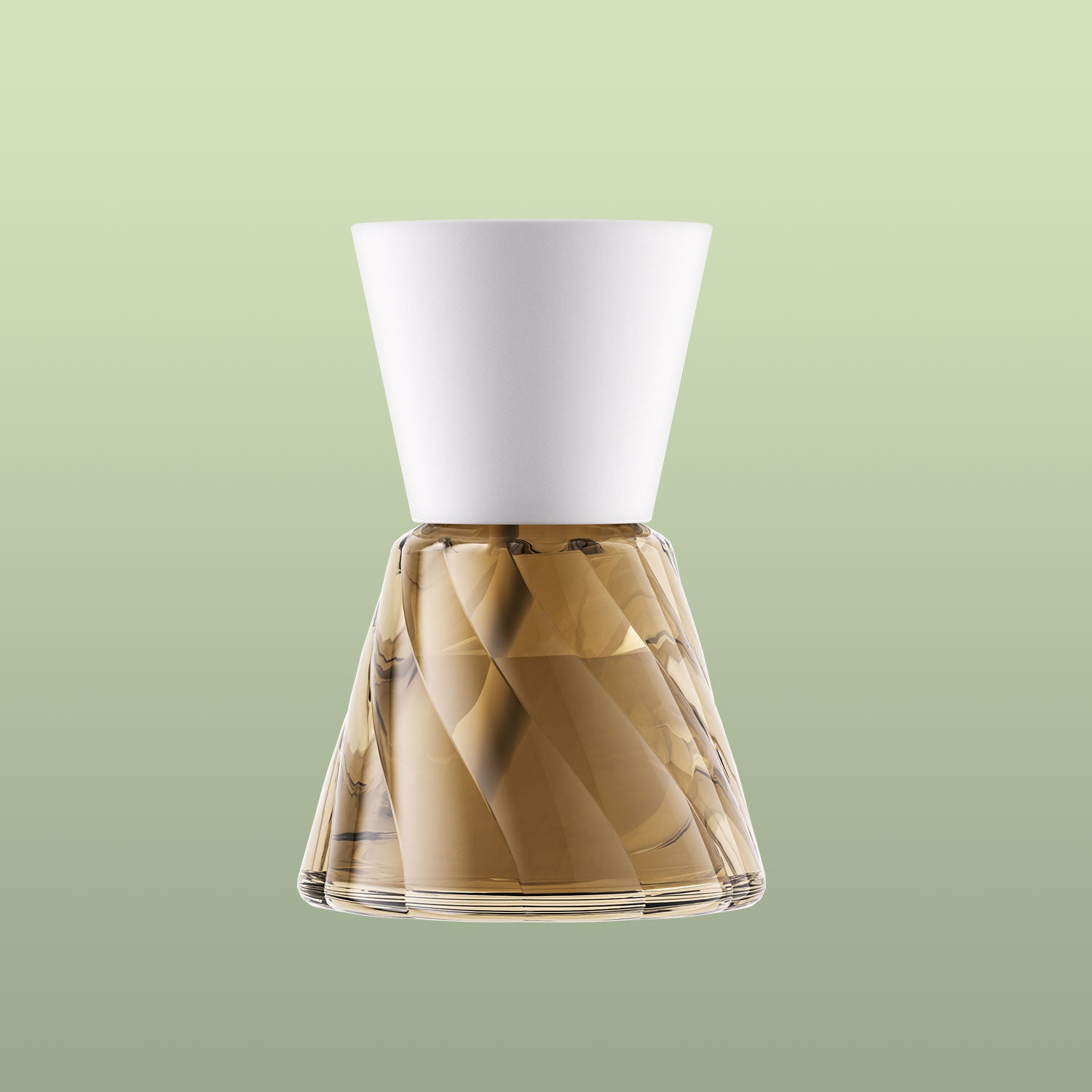


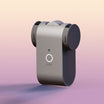
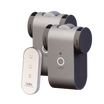
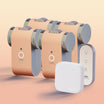
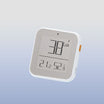

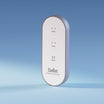






Leave a comment
All comments are moderated before being published.
This site is protected by reCAPTCHA and the Google Privacy Policy and Terms of Service apply.